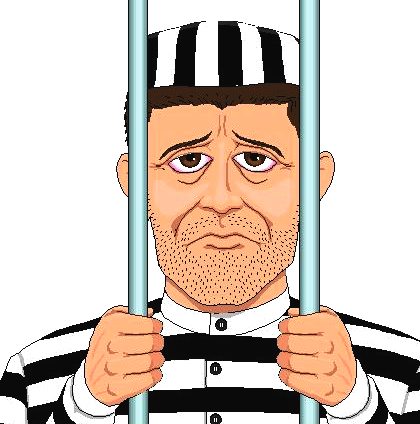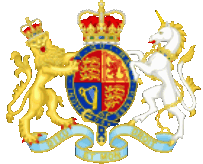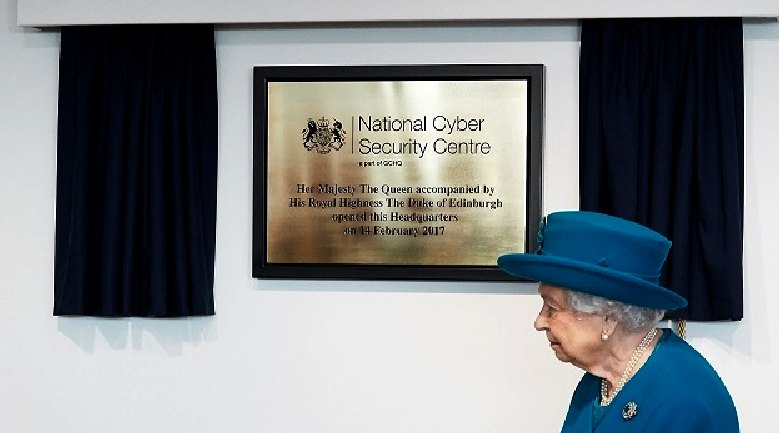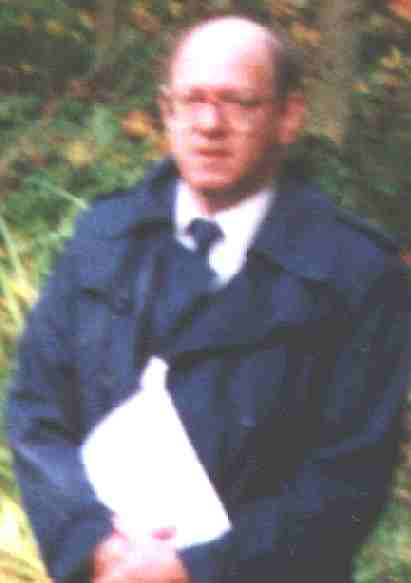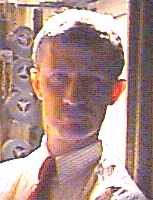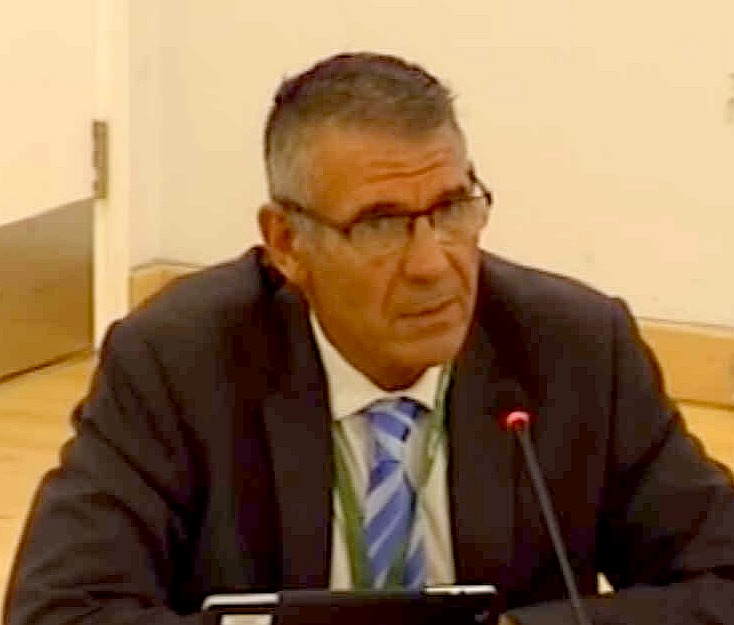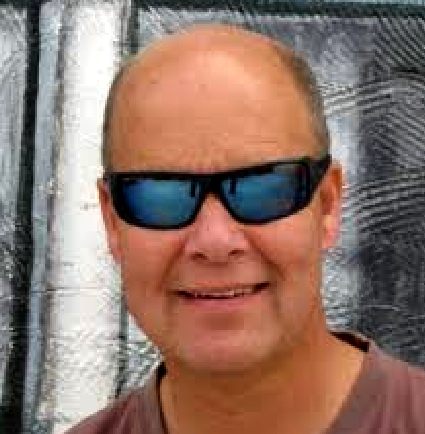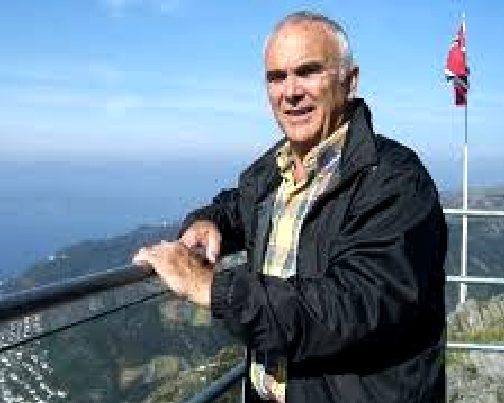|
PERJURY ACT 1911
|
||
|
PERJURY ACT 1911
1 Perjury.
WHAT IS PERJURY
Perjury is the intentional act of swearing a false oath or falsifying an affirmation to tell the truth, whether spoken or in writing, concerning matters material to an official
proceeding. Contrary to popular misconception, no crime has occurred when a false statement is (intentionally or unintentionally) made while under oath or subject to penalty. Instead, criminal culpability attaches only at the instant the declarant falsely asserts the truth of statements (made or to be made) that are material to the outcome of the proceeding. For example, it is not perjury to lie about one's age except if age is a fact material to influencing the legal result, such as eligibility for old age retirement benefits or whether a person was of an age to have legal capacity.
The words omitted from section 1(1) were repealed by section 1(2) of the Criminal Justice Act 1948.
NCSC ROYAL OPENING - Her Majesty The Queen opened the NCSC on the 17th of February 2017. There are several agencies in the UK that are supposed to tackle fraud, cyber crime, drugs, sex trafficking and money laundering, but when you ask any one of them to take a look at corruption in Wealden-land, they don't appear too anxious to open a case file. It's more a case of pass the buck .... and keep passing it ... until the complainant fades away. Sorry to have to report this to you Your Majesty, but it is the truth the whole truth and nothing but the truth - so help me God.
WHERE
IS THE FINANCIAL GAIN
The incentive is to gain employment, hence, obtain a wage or salary on the basis of keeping the truth hidden from the public. Not only that, but typically on retirement there will be an enhanced pension for keeping quiet about the corruption that you (officers and members) have been party to.
That is one of the reasons that council officers such as David Phillips are allowed to remain in employment in another capacity in order to qualify for an enhanced retirement package.
Make no mistake, this kind of bribery to remain silent qualifies as proceeds of crime against which all the usual remedies apply such as seizure of property and cash in the officer or members bank accounts.
These are some of the police chiefs in the United Kingdom who will not prosecute officer and/or members of any Council for wrong doing. Why? The only reason we can think of is that they might be implicated.
Victorio Patrick Scarpa, Christine Nuttall, David Phillips & Charles (Charlie) Lant
Kelvin Williams, J. Douglas Moss and Ian M. Kay
...
Vicarage Lane, Hailsham,
East Sussex, BN27 2AX T: 01323 443322
cllr.susan.stedman@wealden.gov.uk
Dick Angel
- Jo Bentley
- John Blake - Bob
Bowdler - Don Broadbent
- Norman Buck - Raymond Cade -
John Carvey
- Lin Clark Claire Dowling - Jan Dunk - Louise Eastwood - Philip Ede - Helen Firth - Toby Illingworth - Jonica Fox - Roy Galley - Richard Grocock - Chris Hardy Steve Harms - Jim Hollins - Peter Holloway - Johanna Howell - Stephen Isted - David Larkin - Andy Long - Michael Lunn Barry Marlowe - Nigel McKeeman - Huw Merriman - Rowena Moore - Kay Moss - Douglas Murray - Ann Newton - Ken Ogden Amanda O'Rawe - Charles R Peck - Diane Phillips - Mark Pinkney - Major Antony Quin RM - Ronald Reed - Dr. Brian Redman Carol Reynolds - Greg Rose - Peter Roundell - William Rutherford - Daniel Shing - Oi Lin Shing - Raymond Shing - Stephen Shing Robert Standley - Susan Stedman - Bill Tooley - Jeanette Towey - Stuart Towner - Chriss Triandafyllou - Peter Waldock Neil Waller - David Watts - Mark Weaver -Graham Wells - David White - John Wilton
LINKS
https://en.wikipedia.org/wiki/Perjury_Act_1911 http://www.legislation.gov.uk/ukpga/Geo5/1-2/6/contents
Abbott Trevor - Alcock Charmain - Ditto - Arnold Chris (Christine) - Barakchizadeh Lesley - Black Julian -Boakes Beverley Paul Barker - Brigginshaw Marina - Brown Ashley - Coffey Patrick - Douglas Sheelagh - Flemming Mike - Goodwin Daniel Henham J - Holness Derek - Hoy Thomas - Johnson Geoff - Kay Ian - Kay I. M. - Lant Charles - Mercer Richard - Mileman Niall Moon Craig - Moss Douglas, J. - Nuttall Christine - Phillips David - Scarpa Victorio - Scott Trevor - Kevin Stewart Wakeford M. - Whibley David - White, George - White Steve - Williams Kelvin
|
||
FAIR USE NOTICE
This site contains copyrighted material the use of which has not always been specifically authorized by the copyright owner. We are making such material available in our efforts to advance understanding of environmental, political, human rights, economic, scientific, and social justice issues, etc. We believe this constitutes a 'fair use' of any such copyrighted material as provided for in section 107 of the US Copyright Law. In accordance with Title 17 U.S.C. Section 107, the material on this site is distributed without profit to those who have expressed a prior interest in receiving the included information for research and educational purposes. |
||
|
This site is protected under Article10 of the European Convention on Human Rights and Fundamental Freedoms.
|
||
